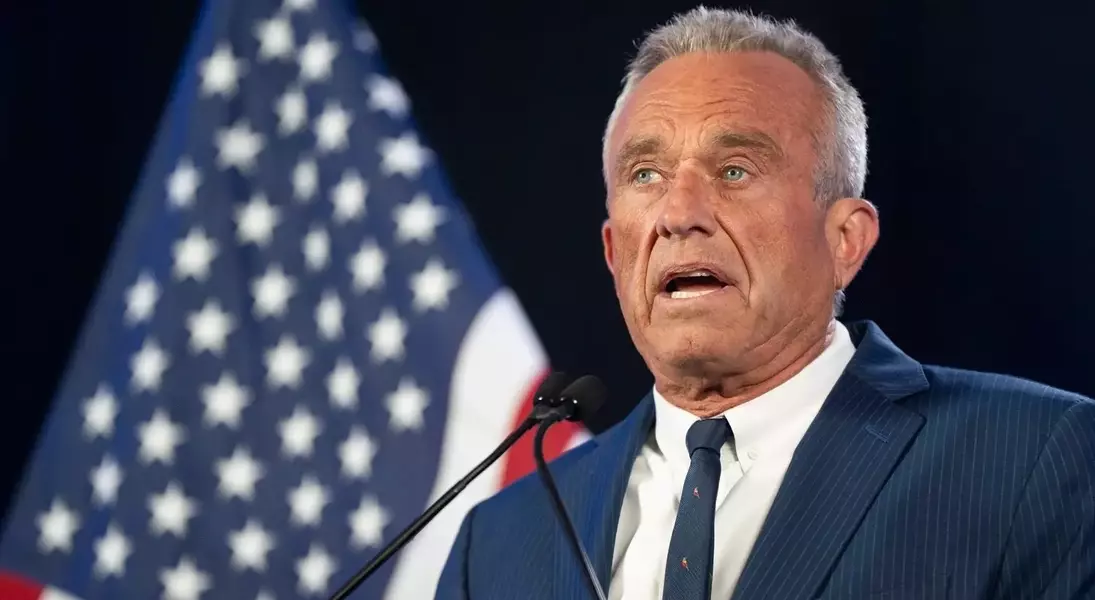
The United States Senate has confirmed Robert F. Kennedy Jr. as the new head of the Department of Health and Human Services (HHS). Despite a narrow 52-48 vote, this appointment has raised significant concerns among medical professionals and public health experts. Kennedy's history of spreading misinformation on critical health issues, particularly vaccinations, has led many to fear the potential impact on national health policies. His past involvement in controversial health movements and statements about vaccines, AIDS, and fluoridation has sparked widespread debate over his suitability for this influential role.
Rising Concerns Over RFK Jr.'s Health Policies
Robert F. Kennedy Jr.'s nomination has been met with mixed reactions. Initially a Democrat and environmental advocate, Kennedy’s shift to endorse Trump for president marked a significant political transition. The Senate's approval, despite some Republican dissent, underscores the complex dynamics at play. Critics argue that Kennedy's long-standing views on vaccination and other health issues could undermine public trust and policy effectiveness. His association with anti-vaccination groups and promotion of discredited theories have fueled apprehensions about the future direction of public health initiatives.
RFK Jr. has a contentious history with health advocacy. Since 2005, he has made numerous misleading claims about vaccines, notably linking thimerosal in vaccines to autism—a theory debunked by extensive scientific research. His 2005 article "Deadly Immunity" was so error-ridden that it was eventually retracted by both Rolling Stone and Salon. Kennedy’s leadership of the Children’s Health Defense from 2015 to 2023 further entrenched his position in the anti-vaccination movement. This background raises serious questions about his ability to lead an agency responsible for safeguarding public health. His actions in Samoa during the 2019 measles outbreak, where he supported local anti-vaccination efforts, highlight the potential dangers of his influence.
Impact on Future Health Initiatives and Public Trust
Kennedy's appointment could reshape the priorities of key health agencies like the CDC, FDA, and NIH. However, there are doubts about whether these changes will address the most pressing health challenges facing Americans. Experts worry that Kennedy’s pseudoscientific beliefs may divert attention from evidence-based practices. His stance on chronic illness and his criticism of processed foods without concrete solutions suggest a lack of actionable policy proposals. Furthermore, Kennedy has expressed intentions to cut funding for vital research initiatives, which could jeopardize progress in areas like infectious disease control.
Health professionals like Dr. Adam Gaffney emphasize that Kennedy’s approach is unlikely to improve chronic disease management. Instead, it may exacerbate existing health disparities by aligning with deregulatory policies that favor corporate interests over public welfare. For instance, suspending pollution regulations and cutting Medicaid could lead to increased air pollution and reduced access to healthcare, worsening conditions for those with chronic illnesses. The combination of Kennedy’s unscientific views and the Trump administration’s broader agenda paints a troubling picture for the future of public health in America. The appointment of RFK Jr. signals a potential shift towards policies that prioritize rhetoric over robust, scientifically-backed interventions.
